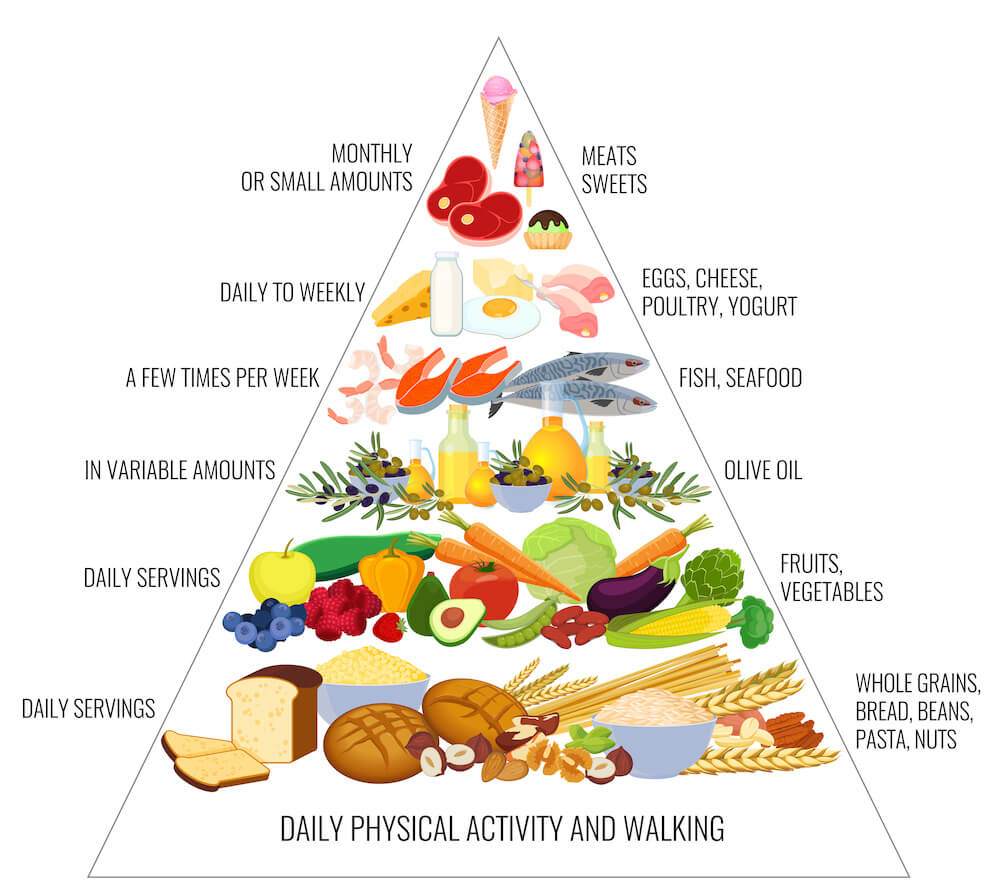Diet Chart
Diet Plan for Renel Patients
Renal Diet: Purpose, Benefits, and Foods
If you have kidney disease, you may need to change how you eat.
Making simple tweaks — like eating more fresh fruit and vegetables and less processed foods — can have an impact.
A renal diet can help slow kidney damage and improve your overall health.
What Is a Renal Diet?
The kidneys filter waste from the blood and help keep the right balance of certain nutrients in the body. Kidney disease can prevent them from doing as good of a job keeping this balance.
That’s why doctors often suggest a renal diet.
A renal diet won’t cure kidney disease, but it can:
- Help reduce the risk of losing kidney function.
- Slow down disease progression.
- Keep you from having other health complications.
A renal diet is often low in sodium, phosphorus and sometimes potassium and protein.
Sodium and potassium are minerals that:
- Help maintain fluid balance in the bloodstream and cells.
- Keep our nerves and muscles functioning.
Phosphorus is a mineral that helps form bones and teeth and plays other important roles in the body.
Amino acids are the building blocks that make protein. They’re essential for building body structures like muscle and maintaining many key body functions.
Your body needs all of these nutrients. But if you have kidney damage, you may not be able to maintain the correct balance or amounts.
Sodium, phosphorus, potassium, and protein byproducts can build up in the blood. This can cause your body to retain too much fluid and lead to imbalances in body function, and kidney damage getting worse.




